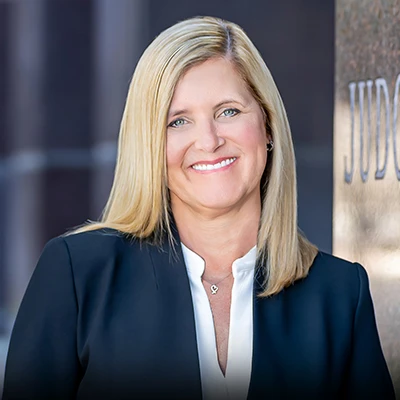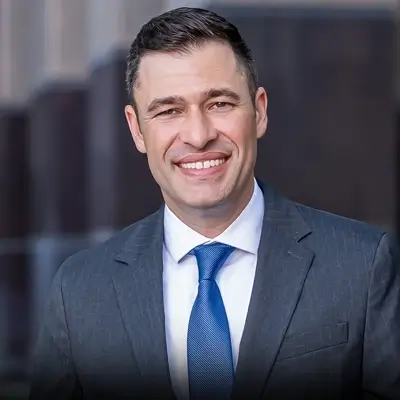Boca Raton Elevator Accident Lawyer
Generally, elevators have safety stickers which supposedly state that the elevator is safe. But in reality, inspectors normally only check elevators about once a year. Most elevators carry so many passengers and move up and down so much that they take a lot of wear and tear. This wear and tear could easily make an elevator unsafe between inspections. In these situations, owners have a legal responsibility to address this hazard. Unfortunately, property owners are notorious for ignoring their legal responsibilities.
When companies fail to protect invited guests, the dedicated Boca Raton elevator accident lawyers at Smith, Ball & Báez step into action. We quickly and thoroughly evaluate your case and identify your legal options. Then, we collect solid evidence that supports your injury claims and refutes likely insurance company defenses. Because we work so hard at first, we’re usually able to settle your claim out of court, and on victim-friendly terms. When insurance company lawyers see the name Smith, Ball & Báez, they know they’re in for a fight they probably cannot win.
Duty of Care
This case evaluation usually begins with the relationship between the owner and victim. This relationship usually determines the duty of care, as follows:
- Invitee: Office building, apartment building, and other building tenants are usually invitees. Since these individuals pay rent, they benefit the owner financially and have express permission to visit the building. Because of this benefit and permission, owners have a duty of reasonable care. This duty includes a responsibility to frequently inspect potential hazards, like elevators, and immediately remedy any injury hazards.
- Licensee: Most visitors to most apartment, office, and other buildings are licensees. Because they have permission to be at the building but don’t benefit the owner, the legal responsibility is lower. Generally, owners must only warn licensees about latent (concealed) defects. Legally, a “Caution Wet Floor” sign is insufficient to protect an invitee, but it is enough to protect a licensee.
- Trespasser: This pejorative term simply means someone who has no permission to be on the property and whose presence doesn’t benefit the owner. Usually, owners have no duty of care in these situations. The attractive nuisance doctrine and some other legal loopholes often apply in these situations.
If owners breach their duty of care, a Boca Raton elevator accident lawyer can obtain compensation in court. This compensation usually includes money for economic losses, such as medical bills, and noneconomic losses, such as pain and suffering.
Knowledge of Hazard
Generally, owners breach their duty of care if they know about, or should know about, the injury-causing hazard. Additionally, owners are only responsible for damages if the victim’s injury was foreseeable (possible) from their perspective.
Insurance companies often hide smoking guns that prove actual knowledge, such as ride safety reports and security evaluations, until a lawsuit’s discovery phase. Therefore, if a case settles too early, the best evidence, and maximum compensation, may be unavailable.
Circumstantial evidence of constructive knowledge usually involves the time-notice rule. If a hazard only existed for a short time, the owner probably didn’t know about it, so no liability attaches.
Reach Out to a Diligent Palm Beach County Elevator Injury Lawyer
Injury victims are entitled to significant compensation. For a free consultation with an experienced elevator accident lawyer in Boca Raton, contact Smith, Ball, Baez & Prather, Florida Injury Lawyers. We routinely handle matters throughout the Treasure Coast region.




